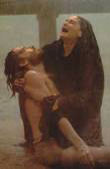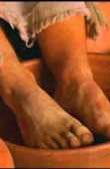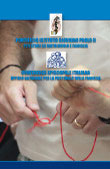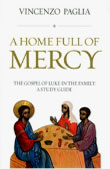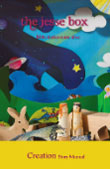Jesus fulfills the requirement of the pilgrimage and goes up to the place of God. There, in the sanctuary, his parents find him after having searched for him for three days. They find in among the doctors, teaching them the word of God. Given the anguish of his parents and Jesus' responses, it is understandable that they were astonished. It's too early to understand. There’s still a long journey ahead. Thirty years will have to be added to these three days before Jesus really will be lost, outside the temple, hung on a wooden cross, and then buried in the bare earth. Even Mary, at the beginning, did not understand why he left them and what he answered her. Yet, she is the model of the believing Church, because she keeps all these things and ponders them in her heart, certain that the seed will grow and produce full and tasty fruit.
Like Mary and Joseph, parents have to accompany their children with love, respectful of their personality and their vocation. Active accompaniment proposes to them, through concrete gestures of daily life, the values that constitute the human person: they need not only food, clothing, health care and social inclusion; but, also and above all, they need the truth and meaning that make life beautiful and worth living. They should be helped to move from the love that is received to giving love, to experiencing the joy of doing good, praying, being honest, sincere, just, generous, humble, sober, chaste, hardworking, courageous and peaceful. Parents need to know how to say yes or no at the right time and by mutual agreement, motivating prohibitions and using correct persuasion. It’s important to avoid being authoritarian, because that produces rebels and makes children timid, while permissiveness makes them weak and selfish.





